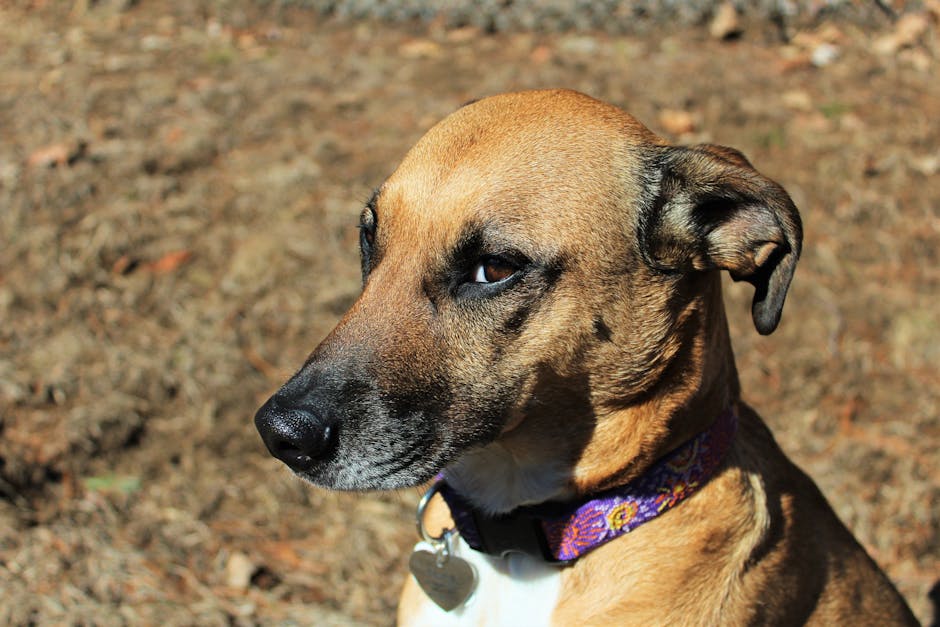Did you know that improper training techniques can lead to not only behavioral issues in puppies but also a strained bond between pet and owner? Understanding and avoiding common training mistakes is essential for a harmonious relationship with your furry friend.
The Historical Background of Puppy Training Mistakes
Origins of Canine Training
The history of dog training stretches back thousands of years to the domestication of wolves, where selective breeding initiated the development of various breeds and temperaments. As humans and dogs evolved together, the need for effective training became apparent, especially for tasks like herding, hunting, and companionship. However, early training methods were not always humane or effective, leading to the establishment of smarter, more compassionate approaches over time.
The Evolution of Training Techniques
In the early 20th century, training techniques began to shift towards reward-based systems, largely influenced by behavioral scientists like B.F. Skinner. This shift not only improved training outcomes but also highlighted the detrimental effects of negative reinforcement. Despite this progress, many owners still fall back on outdated or incorrect practices that can create long-term challenges for their puppies.
Current Trends and Statistics in Puppy Training
Common Mistakes Made by Owners
Research indicates that the most frequently cited puppy training mistakes include using inconsistent commands, failing to socialize the puppy adequately, and relying on punishment rather than positive reinforcement. These mistakes not only complicate training but also contribute to anxiety or aggression in puppies, making it imperative for new pet owners to educate themselves on effective techniques.
Statistics on Training Success Rates
According to recent surveys, approximately 30% of dog owners report facing significant behavioral issues with their pets, often attributing these challenges to a lack of knowledge about proper training methods. Moreover, studies have shown that dogs trained with positive reinforcement techniques are more likely to exhibit desired behaviors and have stronger bonds with their owners than those trained with outdated methods.
Practical Advice for Avoiding Training Mistakes
Establishing Consistency
One of the most fundamental aspects of effective puppy training is consistency. Owners must use the same commands and rewards for specific behaviors to avoid confusing the puppy. For example, if you want your puppy to sit, always use the same word and signal. Inconsistency can lead to frustration for both the puppy and the owner, causing delays in the learning process.
Importance of Socialization
A well-socialized puppy is more likely to grow into a well-adjusted adult dog. Exposing your puppy to various environments, people, and other pets helps reduce anxiety and fearfulness. Ensure that you create positive experiences during socialization to build your puppy’s confidence and encourage positive behavior in the future.
Future Predictions for Puppy Training Innovations
Technological Advancements in Training Tools
As technology continues to evolve, so do the tools available for puppy training. Innovations such as smart collars equipped with GPS and training feedback can help owners monitor their puppies’ behaviors and responses in real-time. Predictive analytics could also emerge, providing insights into behavioral patterns and potential training issues before they become problematic.
Shifts in Training Philosophy
The future of puppy training is likely to see a continued emphasis on positive reinforcement and humane training methods. With more awareness arising around animal welfare and behavior science, pet owners, trainers, and even pet supply companies will increasingly adopt more effective, compassionate training philosophies that focus on the well-being of the animal as well as the owner.
In summary, understanding the common mistakes in puppy training and implementing consistent, compassionate approaches is vital for creating a positive relationship with your furry friend. By learning from the past, staying informed about current practices, applying practical advice, and embracing future innovations, you can set the stage for successful puppy training and a happier, healthier pet.
Final Thoughts on Puppy Training Mistakes to Avoid
Training your puppy is an essential part of fostering a well-behaved and happy companion. By avoiding common mistakes such as inconsistency, neglecting socialization, and resorting to punishment, you can create a positive learning environment. Remember, patience, persistence, and positivity are the keys to successful puppy training.
Further Reading and Resources
-
“The Science of Animal Behavior: Training Methods Reviewed” – This resource dives deep into various training methodologies and their effectiveness, offering insights into how to choose the best approach for your puppy.
-
“Puppy Socialization: Why It’s Important and How to Do It” – This article outlines the critical period for socialization in puppies, providing practical tips to ensure your pup meets various people and experiences.
-
“Positive Reinforcement Training Techniques” – This comprehensive guide focuses on the benefits of using positive reinforcement in your puppy’s training sessions, highlighting methods and examples.
-
“Common Puppy Training Mistakes: Expert Insights” – This expert-led discussion details real-life training blunders along with solutions, perfect for first-time dog owners seeking to learn from others’ experiences.
-
“Helpful Puppy Training Apps” – A curated list of mobile applications designed to assist dog owners in training their puppies effectively and consistently, with reminders, tips, and tracking features.




